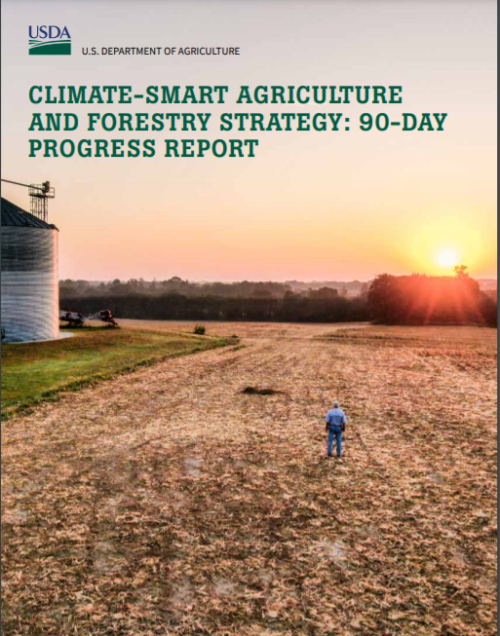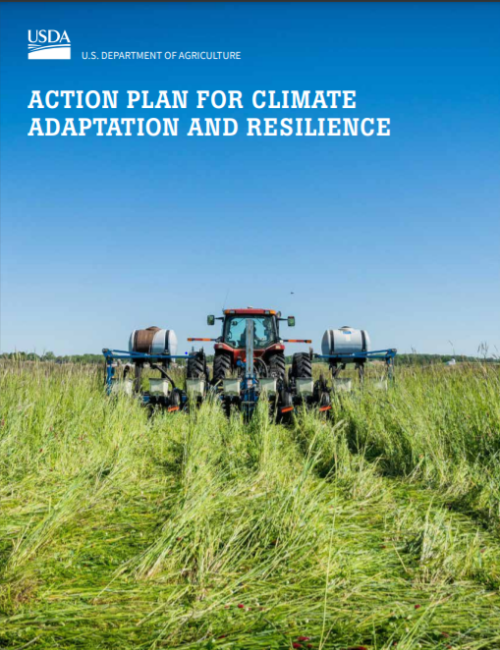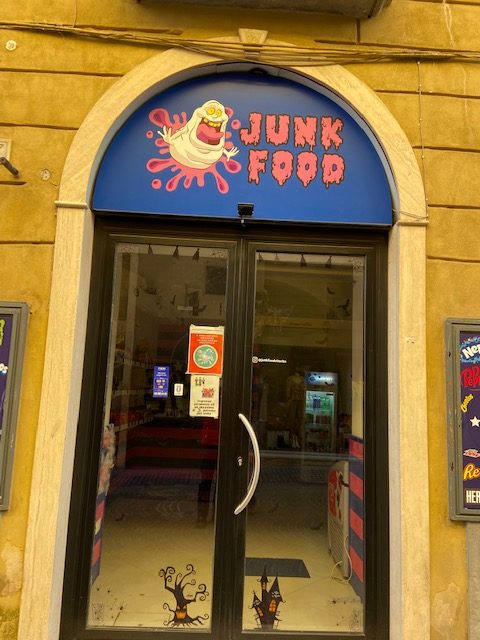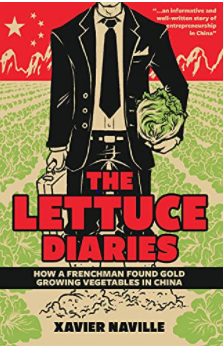Industry-funded study of the week: Cherries…Surprise! A null result!
This one is so unusual that it demands attention.
The study: Thirty Days of Montmorency Tart Cherry Supplementation Has No Effect on Gut Microbiome Composition, Inflammation, or Glycemic Control in Healthy Adults. Angela R. Hillman1* and Bryna C. R. Chrismas Front. Nutr., 16 September 2021
Hypothesis: Polyphenols in Montmorency Tart Cherry products would influence the gut microbiome composition,which would modulate changes in inflammatory markers and glucose regulation.
Methods: Four groups of subjects consumed either concentrate or freeze-dried capsules or their corresponding placebos for 30 days.
Results: Only one of several inflammatory markers was reduced. There were no changes in insulin, glycated albumin, or composition of bacterial phyla, families, or subfamilies for the duration of this study nor was there a change in species richness.
Conclusion: These data suggest that 30 days of MTC supplementation does not modulate the gut microbiome, inflammation, or improve glycemic control in a healthy, diverse group of adults.
Funding: This study was funded by a grant from The Cherry Marketing Institute.
Comment: I have previously posted several studies paid for by cherry trade associations; these yielded results demonstrating truly remrkable health benefits of cherry consumption (see this one on prevention of dementia, for example).
But this study found cherry extracts to do nothing special.
Applause to these authors!
All fruits have antioxidants of one kind or another. Eating a variety of delicious fruits should be a pleasure, not a medical duty.
It’s past the cherry season in the Northeast where I live, but if you can get them, enjoy!






